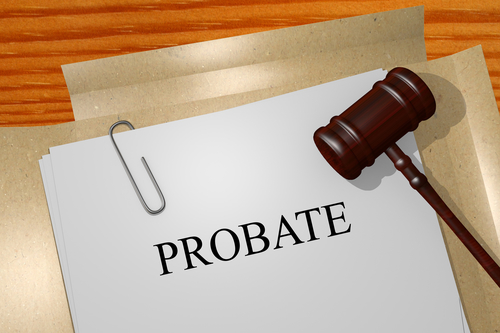 Probate cases are often difficult for a number of reasons. A family has lost a loved one while also grappling with financial decisions and consequences. Rather than bringing further complication into the case, many loved ones decide to mediate their probate case.
Probate cases are often difficult for a number of reasons. A family has lost a loved one while also grappling with financial decisions and consequences. Rather than bringing further complication into the case, many loved ones decide to mediate their probate case.
Mediation is an alternative to antagonistic litigation. Rather than the parties being adversaries who ignore each other in the court room, mediation focuses on bringing the parties together to work out solutions to their problems together. The parties are assisted by a neutral person who helps facilitate communication between them so that they can reach a mutually acceptable resolution of their case. Unlike a judge, a mediator does not impose an order on the parties. Instead, he or she helps explore the interests of the parties and possible solutions to these problems which the parties can choose to agree to or not agree to.
During mediation, the parties begin with an opening statement that emphasizes the problems that the parties are having and their point of view regarding these problems. Depending on the dynamics involved between the parties and the mediator’s personal style, the parties may remain in the same room with the mediator who encourages the parties to communicate and work through their disagreement or the mediator may separate the parties in an effort at shuttle diplomacy. If the second option is used, one party communicates information to the mediator who then shares information with the other side, going back and forth between the parties, laying out their offers of compromise and why they feel a certain way.
If the parties reach an agreement about their case, the mediator draws up an agreement and the parties sign off on it. If the parties do not reach an agreement, they must still honor the confidential nature of the mediation process and not communicate information shared during this process.





 When a patient is in a dispute with a hospital, doctor or other healthcare provider, the parties may agree to mediation to help them resolve their legal case. The mediator plays a pivotal role in the potential success of mediation.
When a patient is in a dispute with a hospital, doctor or other healthcare provider, the parties may agree to mediation to help them resolve their legal case. The mediator plays a pivotal role in the potential success of mediation.